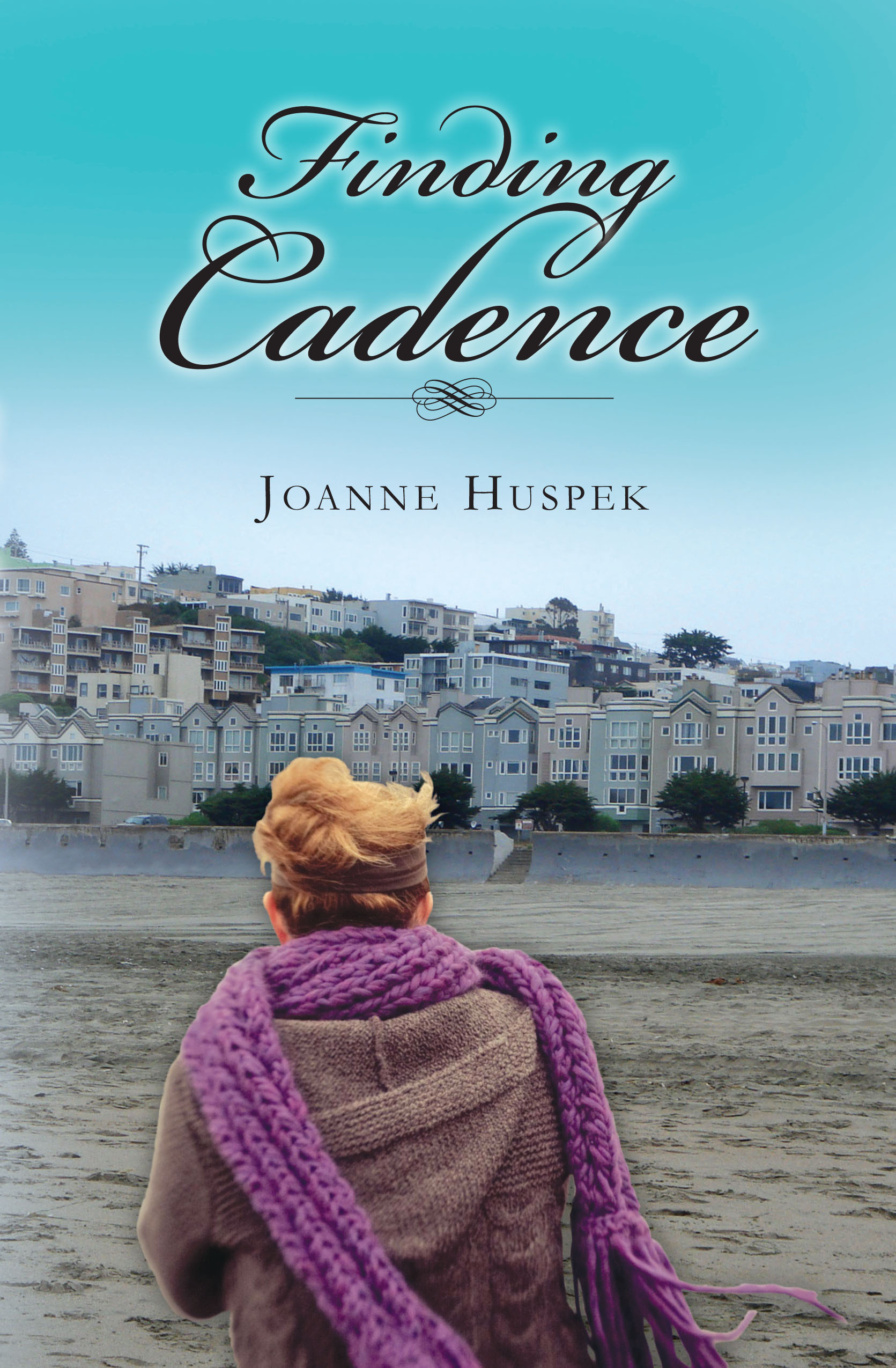I have to admit this, but as a writer, I’ve been really bad.
No, really, really bad. (Note the use of that adverb. It’s doubled, italicized, and bolded for a reason.) In fact, I’m almost a non-writer.
I won’t go into the grim specifics, but let’s just say that Real Life is kicking my ass.
The older I get, the more I realize there aren’t enough minutes in a day. Honest to God, it was just February and my return from the San Francisco Writers Conference last week! Wasn’t it?
I have three edits printed and waiting for me to slice and dice. Okay. So I did get to one of them about a month ago and made some significant progress, but then… yes. I ended up nowhere near my computer as I raced from one end of the world to the other.
So what do you do when life bitch-slaps you and leaves you with no time?
This is what I’ve been doing.
1. Write in my little notebook. The one I carry in my purse, religiously. I jot down ideas, lists, emotions, character traits I want to use later. Names. Places. Smells. Sights and sounds. It takes just a second. Sure it’s not a novel, probably it’s not serious, but every little bit helps.
2. Read. Here, I’m not doing so well, even with Kindle on my iPhone. BUT… I have discovered Audible.com. I am listening to THE FOUNTAINHEAD by Ayn Rand. I’m up to Chapter Three. I mostly listen in the car or…
3. While exercising. Because if you’re not going to exercise your brain, you might as well work out. Not that working out has made this aging hipster a babe. In fact, while losing a pants size, I have gained two pounds. Go figure.
4. Channeling my creativity to other endeavors. You don’t know how beautifully I can scrub soap scum off my shower tile. Of course, I have to break the chore up into four days. I can’t hack away in one sitting. Cooking is another way to expand on creativity, and it doesn’t take much time. Cooking, however, is fraught with pitfalls. According to my husband, who rails against my creme brulee or cherry duck, I should stop cooking altogether. But when I do, he gets mad.
5. Gardening. It is somewhat time consuming, but at least there are edibles at the end of the season.
6. As a writer, you should give yourself a simple, stupid-easy to accomplish task to achieve daily. Mine is THIS. I know. It’s frivolous, it’s silly, it’s dumb even, but it only takes me five minutes.
7. Buy a tool to help you in your quest to write. My current is 642 Things to Write About. I picked this book up at the airport in San Francisco on the way back from the writers conference (like I needed extra books? my bag was stuffed full of books -and wine), for a couple of reasons: 1., I am a HUGE Chronicle Books groupie, and 2., I often find myself without writing prompts. In fact, I just filled out a page yesterday.
Writing during real life can be done, although, the road isn’t exactly a scenic drive on new asphalt. When the bulldozer threatens to mow you down, push back, even if the only tool you have is a child’s beach shovel.
It’s the only way to write.









